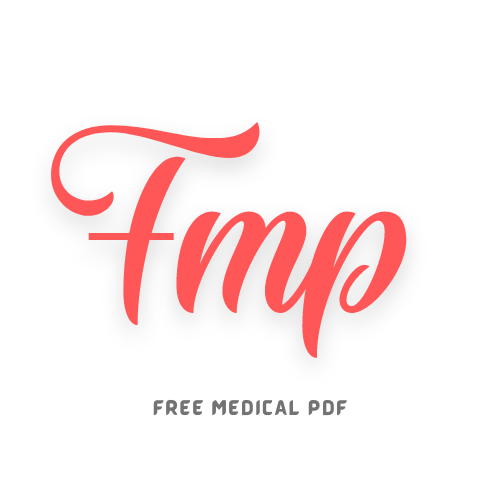Mnemonics are memory aids that help people remember important information. In medicine, mnemonics are often used to help students and healthcare professionals remember important concepts, such as the order of the steps in a process, the names of bones or muscles, or the symptoms of a particular condition. Here are a few examples of mnemonics commonly used in medicine:
"ABCDE" - This mnemonic is used to help people remember the steps of primary assessment when evaluating a patient. The letters stand for Airway, Breathing, Circulation, Disability, and Exposure.
"My Very Educated Mother Just Served Us Noodles" - This mnemonic is used to help people remember the order of the planets in the solar system.
"P.E.A.R.L." - This mnemonic is used to help people remember the common causes of hypertension: Pregnancy, Ethnicity, Alcohol, Renal disease, and Lack of exercise.
"S-A-D P-E-T S-A-T" - This mnemonic is used to help people remember the steps of the physical exam: Inspection, Palpation, Percussion, and Auscultation.
"HOMES" - This mnemonic is used to help people remember the Great Lakes: Huron, Ontario, Michigan, Erie, and Superior.
Mnemonics can be a helpful tool for memorizing complex information, but it's important to also understand the underlying concepts and how they apply to real-world situations.
 Reviewed by Free Medical PDF
on
12:31 PM
Rating:
Reviewed by Free Medical PDF
on
12:31 PM
Rating:








